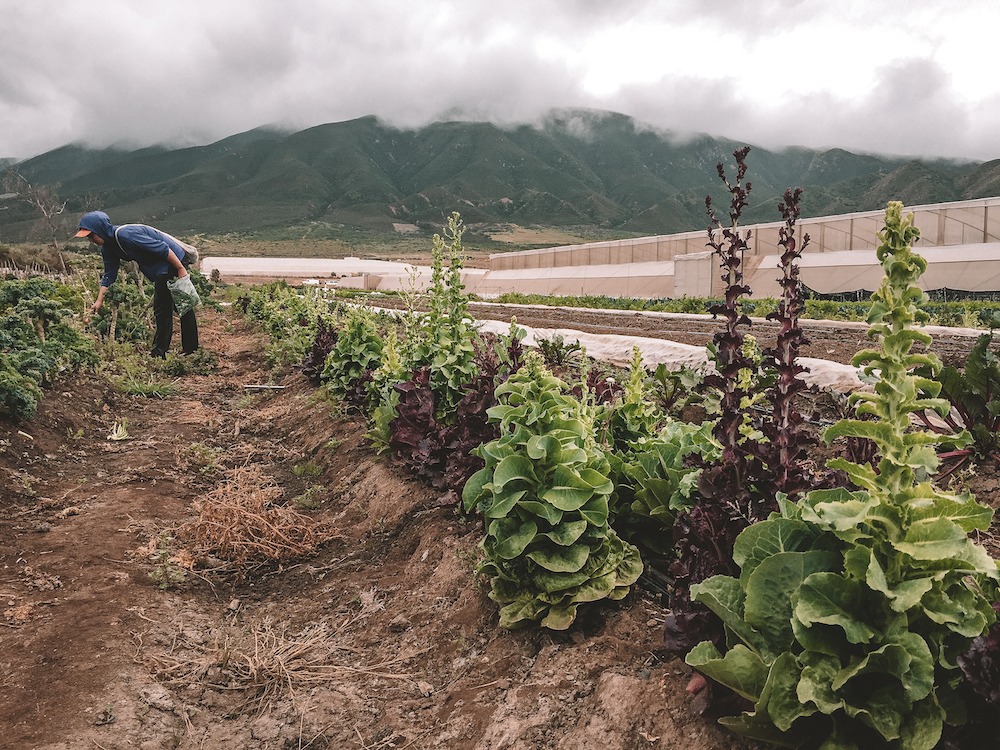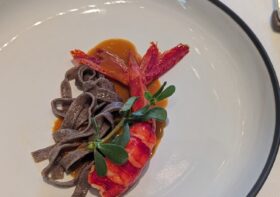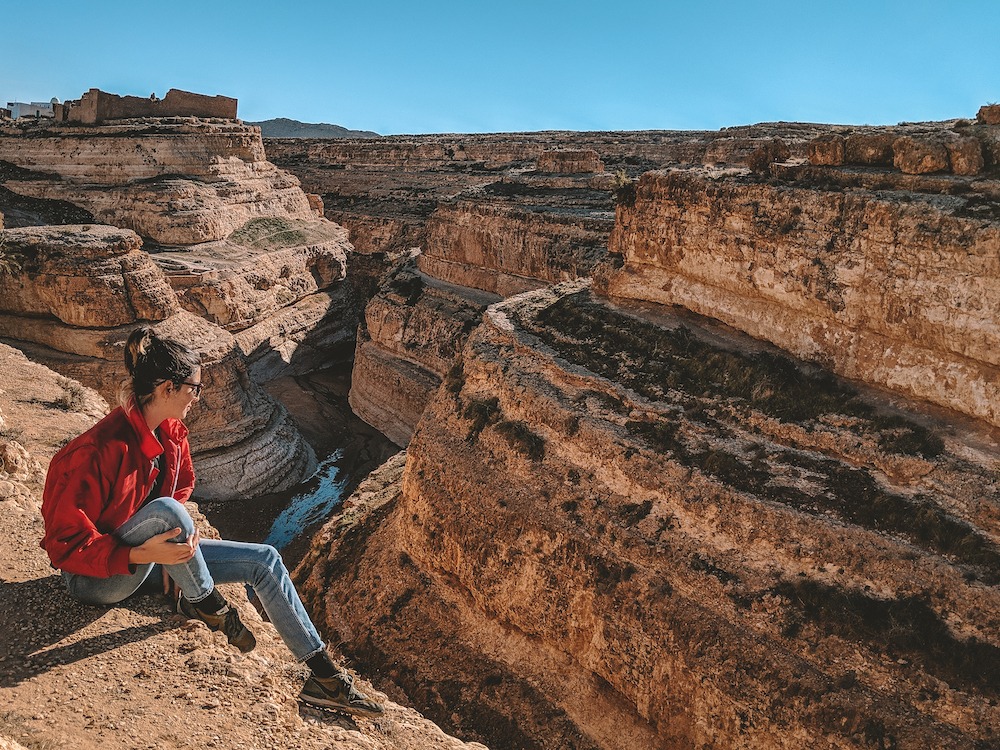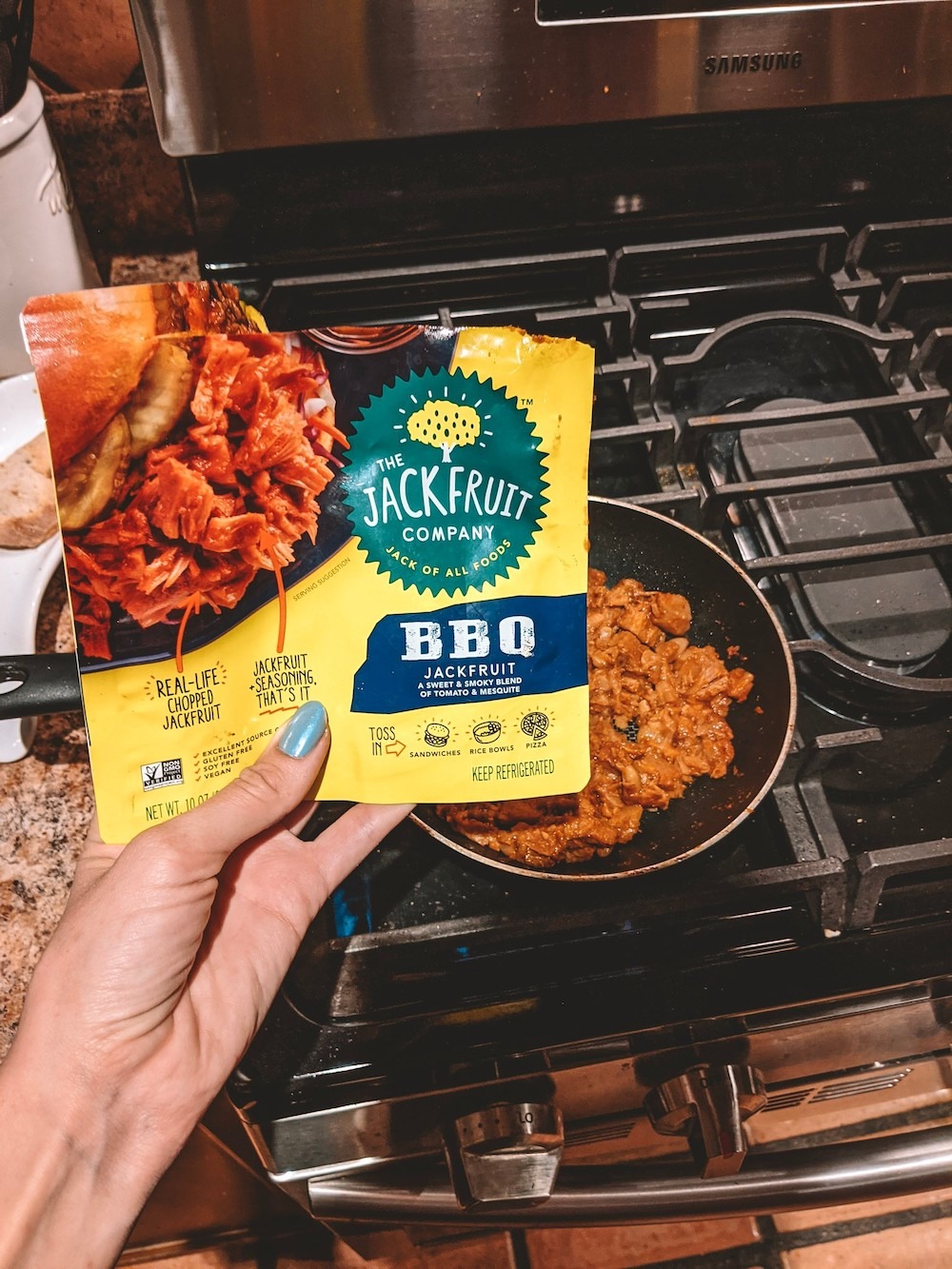The Future of Food under a Circular Economy

A few weeks ago, I tuned into the Ellen McArthur Foundation’s Big Food Workshop to hear some of my favorite chefs talk about the future of food under a circular economy.
Hearing Chefs Alex Atala and Dan Barber (two of the great sustainable food heroes of our time) speaking at an Ellen McArthur panel was basically like taking a bite of a chocolate covered strawberry; the perfect pairing for sustainable foodie ears.
The panel started off with the moderator setting the scene for the four speakers to answer the following question: What responsibility do chefs have in shaping the future of food?
Alex Atala
The story of Alex Atala is a fascinating journey of re-discovering the original ingredients of the Brazilian rainforest, many which are unpopular and broadly unfamiliar to mainstream Brazilian recipes. As depicted in the Chef’s Table episode (Netflix) about his career, Alex’s mission is to discover what native people eat, their gastronomic history and traditions, in order to re-introduce it to a broader, (often disconnected) urban population, and to the world of fine-dining.
While the quality of ingredients is of utmost importance to haute-cuisine, it is not uncommon that supply chains focus solely on quality while disregarding the impact that the production of a product is having on the environment and those who produce it.
Alex affirms that chefs have a responsibility to meet such high quality standards without compromising the well being of the environment, nor of the communities whose livelihoods depend on the resources that chef’s benefit from. Chefs have an inherent responsibility to protect the people and cultures who hold the most ancient and traditional knowledge of the land’s resources and ingredients. In order for a restaurant to become actively engaged in protecting nature and safeguarding traditional knowledge, he urges Chefs to “prioritize biodiversity in the kitchen.”
“Chefs are the strongest voice in the food chain at the moment, and we have the power to transform a forgotten, unknown and undervalued ingredient into a sexy ingredient. Let’s use this power, let’s feed people with love and maybe food can be a way to express it.
Through his work and the ATA Institute, Alex supports indigenous communities by facilitating markets to sell their products.
Mokgadi Itsweng
Chef Makgodi from South Africa is an activist and defender of indigenous foods. She dedicates her career as a chef to reintroduce indigenous ingredients to South African dishes. As people continue to migrate from the countryside to urban centers, diets change, people begin consuming more processed foods and indigenous food knowledge is lost. In parallel, people are increasingly suffering from diabetes, and other diseases that our ancestors did not suffer from. Much of this has to do with the change in diet. Indigenous ingredients such as millet, amaranth, amaranth leaves, sorghum, and other fruits and grains are high in protein and iron, and produce many health benefits.
However, in many cultures today, these ingredients often represent poverty, which drives many people to remove them from their diets in the name of “progress” and “modernity.” Native ingredients tend to be produced by small scale farmers, therefore re-introducing them to popular gastronomy is also immensely important in order to safeguard small farmer’s livelihoods.
Chef Makgodi calls for the decolonization (in particular, a de-Francentrication) of cooking schools, and urges all young chefs, cooks, and enthusiasts to speak to their grandmothers, to discover grandparent’s recipes, traditions, and food knowledge before diving into their careers as chefs.
“We need to move away from the “French way” and learn about our own people.”However, in many cultures today, these ingredients often represent poverty, which drives many people to remove them from their diets in the name of “progress” and “modernity.”
You might also find this article interesting: The Future is Circular
Kim Wejendorpis

Chef Kim is Head of Research and Development at AMASS in Copenhagen, a restaurant famous not only for its food but for making use of 100% of the products that enter the kitchen. Through creativity and experimentation, Kim figures out ways to transform and re-purpose products that would usually be considered waste, and turn them into something useful or delicious. For example, using the uneatable leftovers of a fish as nutrients for their aquaponic farm, lemon skins which are turned into miso paste, and ice cream which is sweetened with bread rather than with sugar. Through this cooking philosophy, the restaurant has reduced its food waste by 75%
Chef Kim affirms that “food waste is NOT a problem of the hungry,” quite on the contrary, food waste is a problem of the privileged. He talks about his travels, where even in the most difficult places he encountered people transforming whatever food resource they have available into something tasty. “People, even in the most marginalized societies strive not only to survive, but to enjoy doing it.”
Chef Kim hopes that all chefs and cooks will look down at the cutting board and ask themselves “have you done enough to pay respects to the amount of work that was done to get that ingredient to your table?”
Considering the role of a chef in reducing food waste is fundamental when speaking about the future of food. Chefs must educate people about the uses, benefits, and opportunities that all parts of an ingredient have, and the reasons why they should not be wasted. The sheer amount of food that is wasted worldwide is staggering and devastating, a topic that is not discussed enough in the world of gastronomy. Chef Kim is an inspiring example of the leadership that we hope to see in the world of cooking.
Dan Barber
Chef Dan Barber is the pioneer of the farm to table movement in the United States. He points out how the issues, ingredients and the innovative processes discussed by his co-panelists would have never been part of a Michelin-star restaurant 20 years ago. He reflects how back then, it was expected for his menu to offer caviar, lobster, truffles, and all the “old style” fine dining ingredients of the French school in order to be considered fine-dining. Today, he affirms a menu with only this kind of cuisine is deemed old fashion, and stuck in time.
“The future of food has meaning to it, it is attached to a place.” Dan highlights the importance of making a restaurant hypersensitive to its region, while having a strong connection to its culture. He puts this philosophy into practice at his 2-star Michelin restaurant; The Blue Hill at Stone Barn, a 400+ acre farm which grows most of its own food and sources from other regional small scale farmers.
Dan believes the power that Chefs have to change the food system is not through lecturing nor waving a wise finger on pupil’s faces, but rather by communicating the right principles and philosophies on a dish. In the effort to educate the younger generation of chefs, Dan Barber is making use of the COVID19 shut down, to run the Kitchen Farming Project which seeks to teach cooks from around the world the tight connection between the seeds, farmers, and restaurants.
Chef's teachings
While the global food system is causing immense damage to the environment and to human health, these problems have become impossible to ignore. More and more, Chefs are taking responsibility into their own hands, and exercising their influence in shaping food culture and education in the direction of health, sustainability and tradition. Understanding where our food comes from, how it is grown, what it means to our ancestors, and the impact such food choices are having on the planet and on our health, is fundamental in order to deepen our relationship with food, and restore a broken food system.
The voices and teachings of these chefs are an inspiring reminder of the work that is being done at the restaurant stage of the food chain. As consumers, we must also play an important role in this process, and work to educate ourselves and to understand the ways we can help build sustainable and resilient food systems.






Leave a Reply